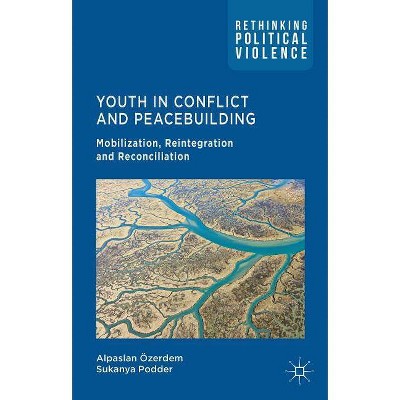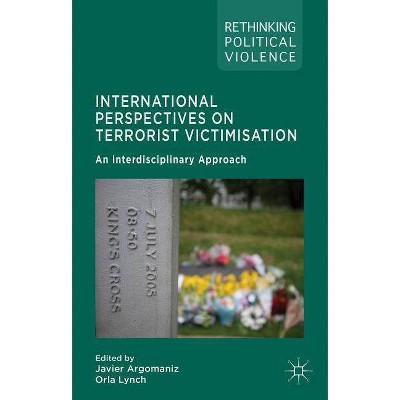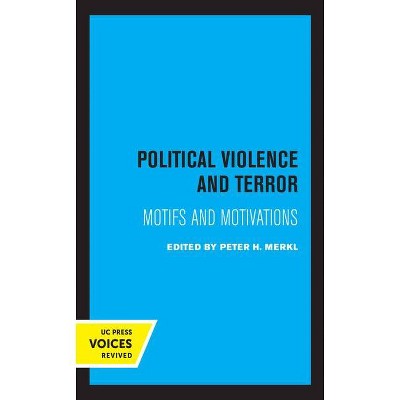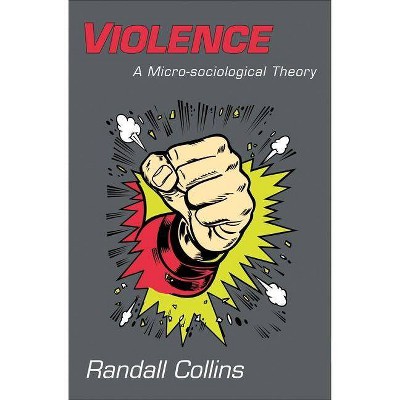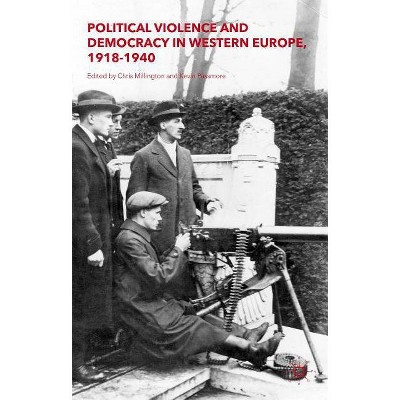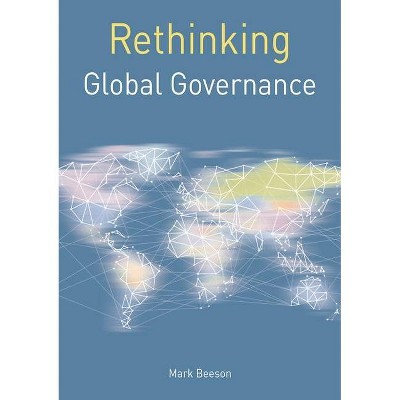Rwanda 1994 - (Rethinking Political Violence) by Barrie Collins (Hardcover)
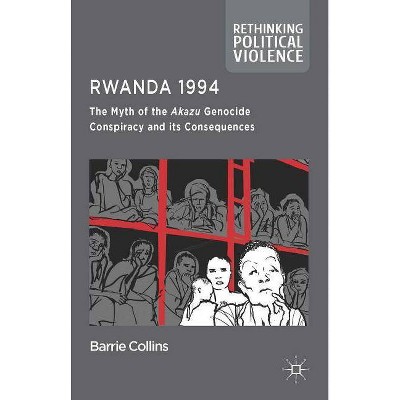
Similar Products
Products of same category from the store
AllProduct info
<p/><br></br><p><b> About the Book </b></p></br></br>This book draws attention to what is intangible to the majority, namely an alternative version of the events that took place in Rwanda before and during 1994, including cease-fire violations, human rights abuses, killings and other abuses, all of which were committed by the RPF. The book is the first of its kind to deconstruct the dominant narrative of the circumstances leading up to, and during, the period defined as the Rwandan genocide, highlighting the suppression of evidence that runs contrary to the dominant narrative. It controversially questions the accepted wisdom of the events using a revisionist interrogation of the evidence, aiming to provide the most robust and academically credible investigation on the issue of the Rwandan genocide through an interrogation of all the claims made to support the genocide thesis. The author adopts a logical-historical approach which aims to situate the killings within a historically-specific context, drawing out a dynamic interplay between national and international actors to provide the most empirically detailed and forthright investigation of the butchery of Rwanda's Tutsis, and the perpetrators.<p/><br></br><p><b> Book Synopsis </b></p></br></br>Through a rigorous critique of the dominant narrative of the Rwandan genocide, Collins provides an alternative argument to the debate situating the killings within a historically-specific context and drawing out a dynamic interplay between national and international actors.<p/><br></br><p><b> Review Quotes </b></p></br></br><br><p>'Should we let the contextual facts get in the way of a powerful universal morality tale ofgenocide and intervention? Collins is brave enough to think that we should. He makes a compelling case that moral certainties make for poor and reductionist historical, political and legal judgements. This book is going to disturb and unsettle anyone who thinks that genocide is an abstract concept: 'simply' a crime made 'to order' by criminal masterminds and their docile subjects. This is a meticulous study of the genocide which at the same time treats the people of Rwanda with the dignity and respect they deserve.' David Chandler, Professor of International Relations, University of Westminster, UK</p> <p>'The standard account of the Rwandan 'genocide' of 1994 rests on a conspiracy theory. As Collins demonstrates in his book, the evidence supporting the theory is no better than the evidence refuting it. The United Nations, through its creation of the International Criminal Tribunal for Rwanda, has inadvertently lent its weight to the standard account. Why would</p> <p>a UN Tribunal endorse a myth? No further conspiracy theory is required to explain the ICTR's blinkered view of events in the 1994 Rwandan war. The ICTR fell into the rut of victor's justice, only ever prosecuting the losing side in the 1994 war. The winning side, which since that year has ruled Rwanda, was left alone. Almost twenty years after its establishment the Tribunal is still in the same rut. The lesson for international justice surely is that atrocities should be prosecuted with an open mind and without compromise.' Dr Alexander Zahar, former legal officer at the ICTR and ICTY and co-author of 'International Criminal Law: A Critical Introduction' (2008)</p><br><p/><br></br><p><b> About the Author </b></p></br></br>Barrie Collins is an independent researcher and holds a PhD in Politics from The School of Oriental and African Studies (SOAS), UK.
Price History
Price Archive shows prices from various stores, lets you see history and find the cheapest. There is no actual sale on the website. For all support, inquiry and suggestion messagescommunication@pricearchive.us
